February 9, 2021
Ways To Improve Sleep
Do you wake up feeling sluggish and tired? Not getting the recommended 7-9 hours of sleep/night? And what about “monkey brain”? That endless racing of the mind that begins right when you want to fall asleep?
If you are like so many others, and cannot get to sleep, or have trouble sleeping through the night, then this article is for you. Read to the end as I share my 5 tips on ways to improve sleep.
Sleep is so important to us as humans. It is essential to our existence, and has many benefits. When we get adequate sleep we feel refreshed, focused, and energized. Our concentration is improved, we feel great!
But on the contrary, when sleep is compromised, we feel pretty bad overall; sluggish, non productive, headaches, and nausea. Just to name a few.
The long term effects of inadequate sleep include high blood pressure, depression, diabetes, weakened immunity, and anxiety. How do we combat these? Let’s dive into those 5 tips, and find out!
TIP # 1: Make your bedroom sleep friendly
Start by removing clutter. Having a clutter free space will help with undisturbed sleep. The room should be organized and comfortable.
You also want to keep the room as dark as possible. Streetlights, room lights, and even the illumination from an alarm clock can certainly compromise sleep. A couple of things you can do to really enhance the darkness is to get some blackout curtains, or even a fashionable eye mask.
Your bedroom should be for one thing, and one thing only…
Sleep!
In order to do that, you need to separate everything else from it. Make sure and remove any work materials from your bedroom. Don’t keep laptops, phones, or files in your sleeping quarters, especially since a lot of people are working remotely from home.
One of the best things you can do to make your bedroom more sleep friendly is by adding in a little aromatherapy. Use soothing scents like lavender to help you relax, and create a calming space.
TIP #2: Shut down electronics, and decrease screen time
Have you heard of blue light?
Blue light is used in electronic devices such as computer screens and cell phones. During daylight hours it can boost attention and focus.
However, it can affect and interrupt sleep patterns. In a nutshell, blue light is exactly what it sounds like; light on the blue wavelength. Great to keep us focused and help with mood but not so great for nighttime use.
Studies have shown that using electronic devices before bed can interfere with sleep by suppressing melatonin, which can then also reduce the amount of time we spend in REM; otherwise known as rapid eye movement which are the hours we spend dreaming, and in deep sleep. This is the most important part of sleep that helps us feel most rested.
One of the best ways to improve sleep is to eliminate as much blue light before bed as possible. That means shutting the tv off, putting away the laptop, and hanging up the phone about one hour prior to getting in bed. The National Sleep Foundation recommends stopping the use of electronic devices at least 30 minutes before bedtime.
If you’re unable to completely eliminate all sources of blue light at night, you could utilize blue light blocking glasses. It’s definitely not the same as shutting down the electronics, but it’s an improvement!
TIP #3: Use white noise
Have you ever tried sleeping in a room that was completely dead silent? It can be extremely difficult!
You know what they say, “silence is deafening”.
White noise is a great solution. Especially if you’re a light sleeper. It can even help to drown out noise that can be bothersome.
You can use a fan, or something as simple as a noise machine. Whether you like the sound of rain or ocean, a noise machine can be a huge help.
TIP #4: Get ready for bed earlier than usual
Try to stop answering emails, watching tv, or perusing through social media at least one hour before hitting the sack. Do your nighttime routine or chores earlier in the evening, that way it’s off your list of things to do.
Having a simple routine in the evening before bed will decrease stress and promote feelings of relaxation. Create a consistent routine and stick to it. Maybe a cup of chamomile tea and a good book. The simpler the routine is, the less there will be to stress about once in bed. Doing this will help you to unwind and put your mind at ease.
Which brings us to the next tip…
TIP #5: Meditate and breathe
Meditation and deep breathing can reduce anxiety, sharpen memory, and promote restful sleep.
Meditate for 10 minutes in a quiet space with eyes closed. Let thoughts come, acknowledge them, then simply let them go.
Take a nice deep breath in, hold for 1,2,3 and then let it out slowly. This will help to calm your mind, as well as your body.
Your thoughts will slow, and your body will start to relax. Focus on your breath by inhaling through the nose and exhaling through the nose. Let your thoughts come, acknowledge them, and simply let them go.
Meditation may be difficult at first, but I promise it will get better! There are many guided meditation apps to assist you on gaining better skills. I started using headspace a few years ago and it has really helped me with improving my meditation technique.
Don’t sleep on these tips!
There you have it! My 5 simple ways to improve sleep!
Let’s recap!
- Make your bedroom sleep friendly to make it your sanctuary.
- Shut down electronics, and decrease screen time to prevent blue light.
- Use white noise to lull you into dreamland; whether it’s a constant noise like a fan, or a machine that makes you feel like you’re in a rainforest.
- Get your chores out of the way, and get ready for bed earlier.
- Meditate and breathe.
Now that you obtain all of the tools you need in order to defeat your nemesis that is poor sleep, it’s time to put them to good use!
Start by just implementing one at a time, making it a routine, and slowly adding to it. You’ll be a professional sleeper in no time!
If you found this helpful, please consider subscribing to the Hybrid Fitness YouTube channel, and be sure to check out all the other articles from our coaches.
And remember…Small Steps, Big Results.
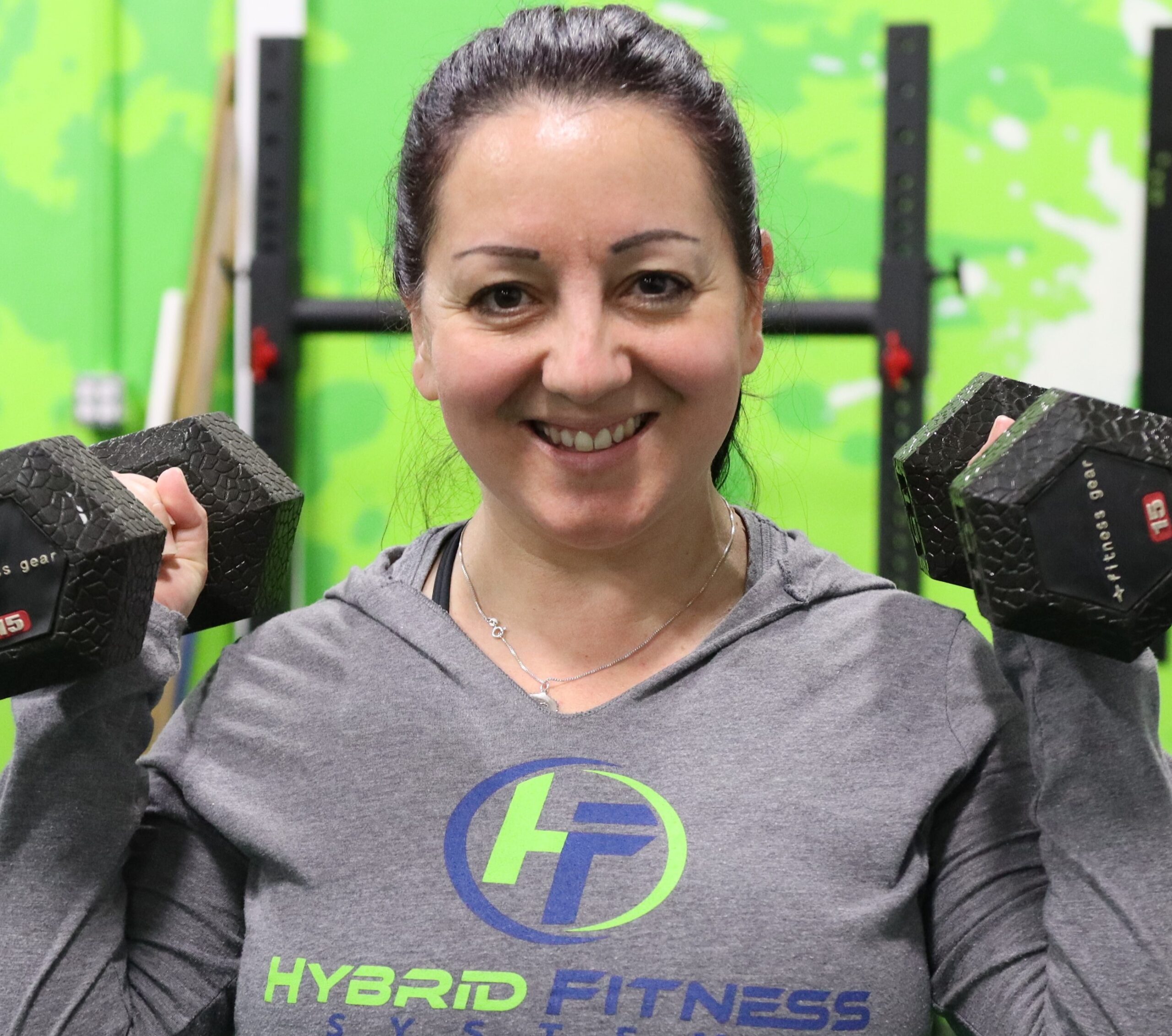
Danielle lives in mid-coast Maine after growing up in Boston, MA. She’s a nursing school graduate, and is currently working towards becoming a certified grief counselor. She also has her personal training certification through ASFA.
Danielle has run multiple half marathons, and has even completed 2 full marathons, including the Boston and Des Moines marathons.
Danielle loves to create a comfortable, fun, and relaxed environment in the gym, and is dedicated to making a positive impact on others, and helping people feel good about themselves while reaching their goals.
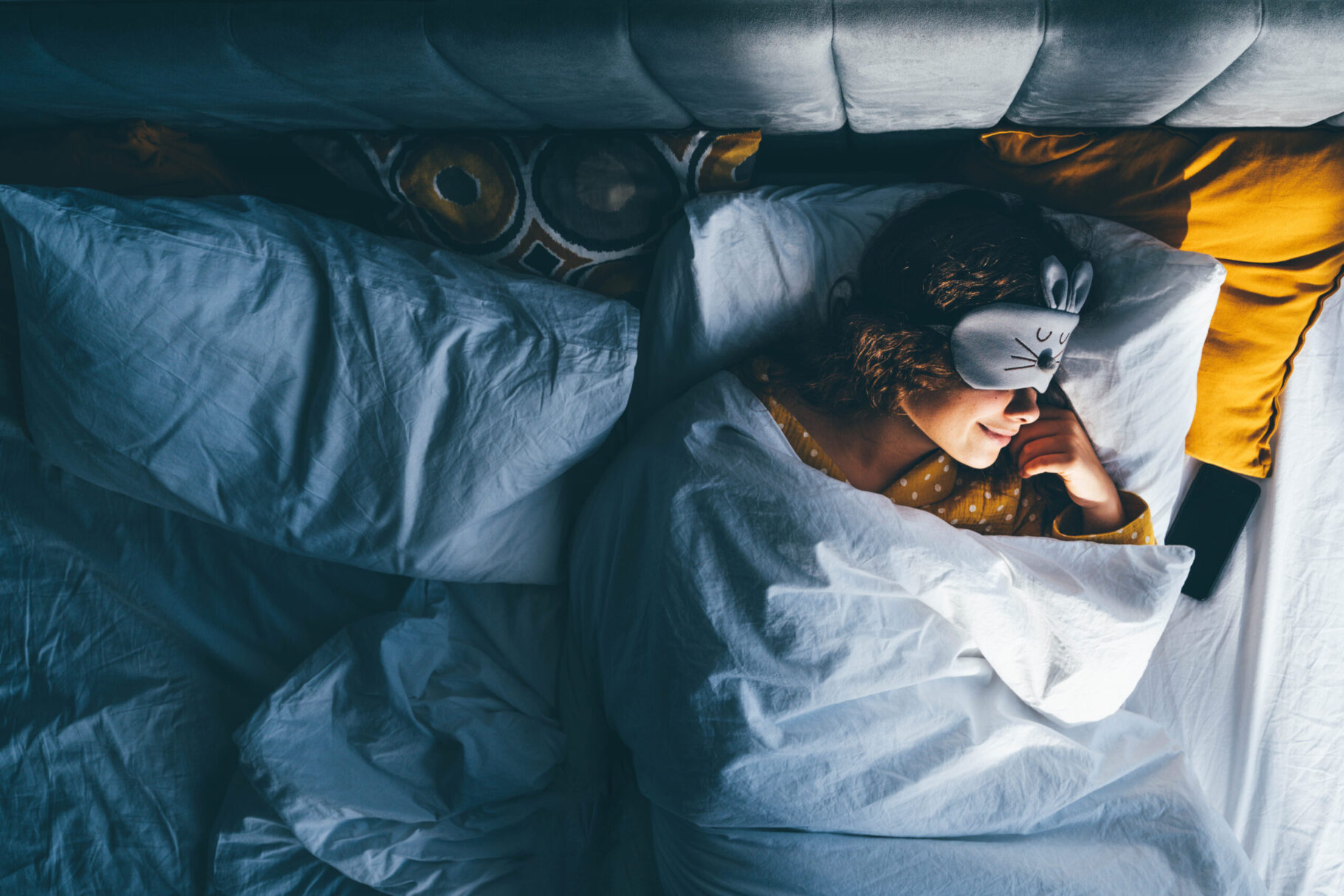
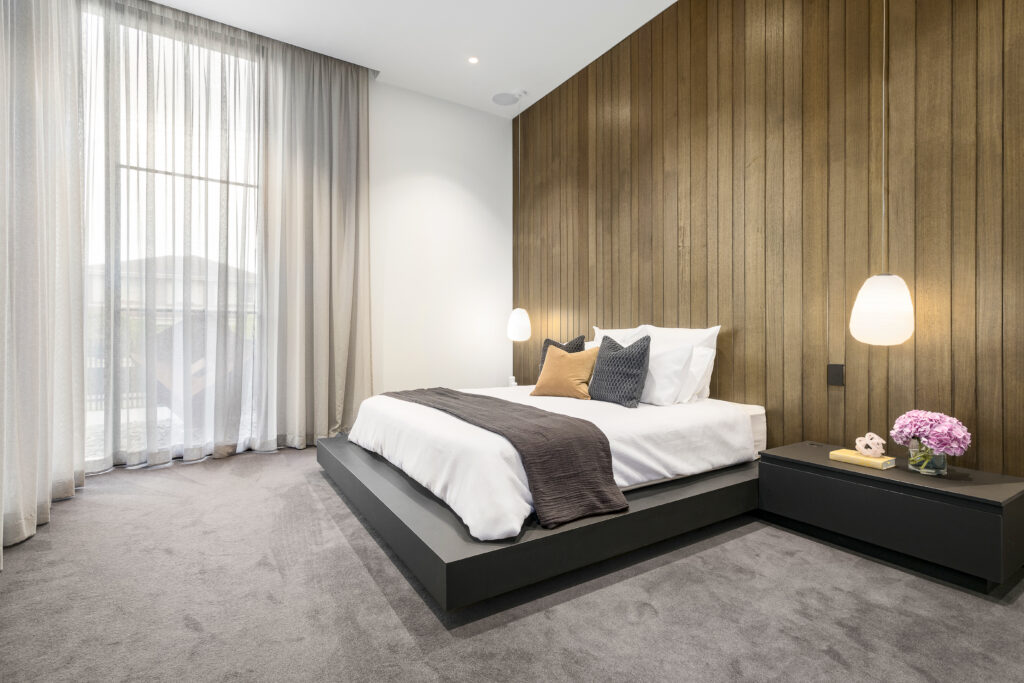


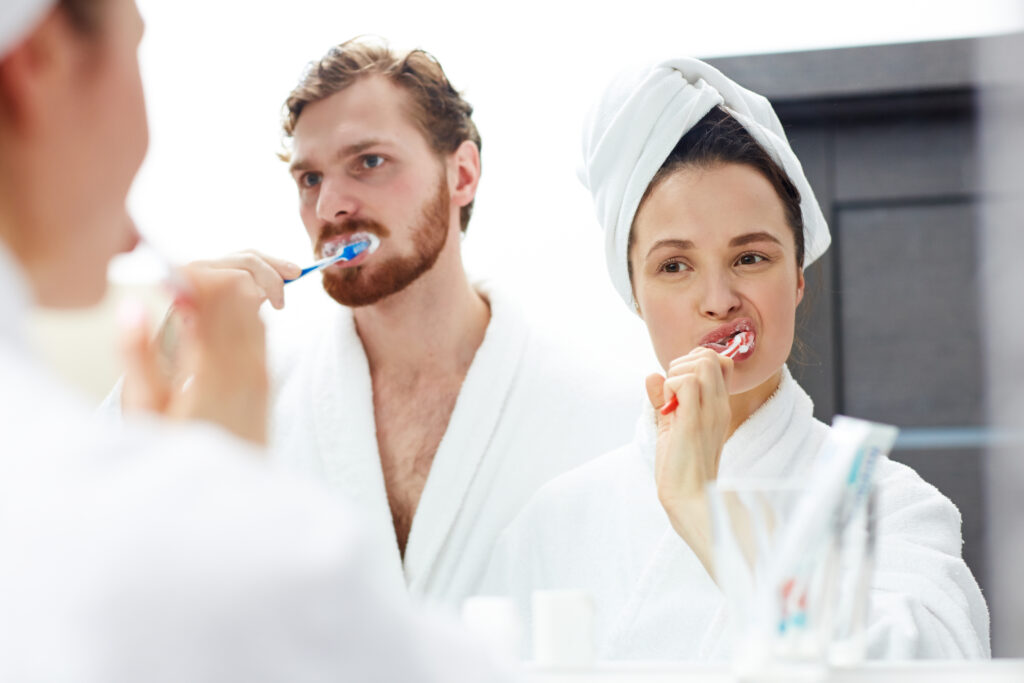
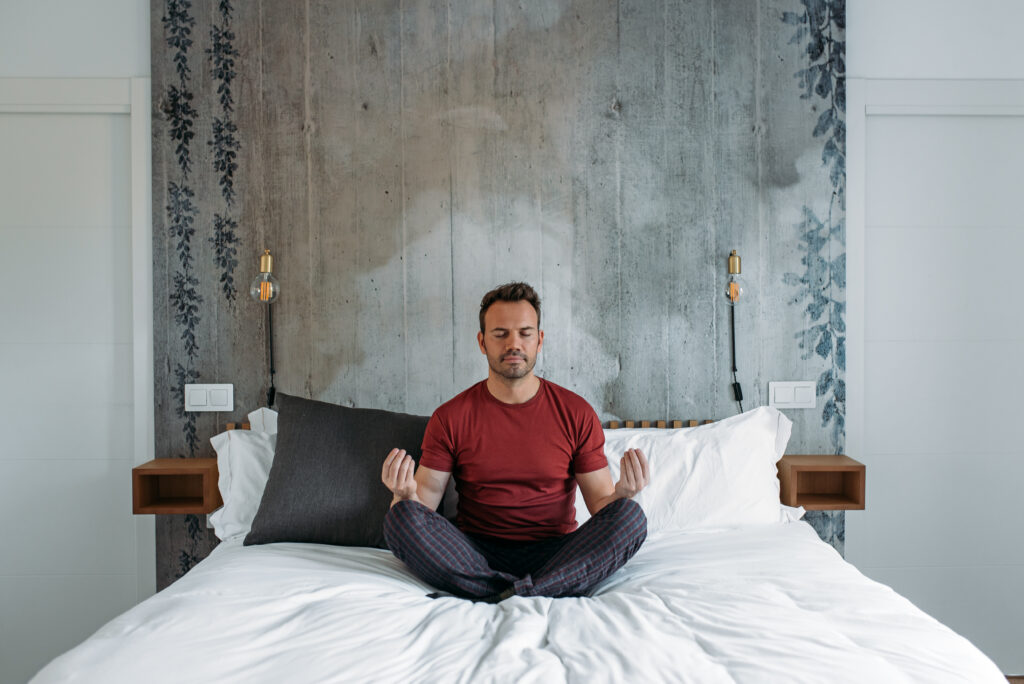
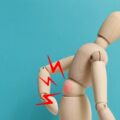
0 Comments
Leave A Comment